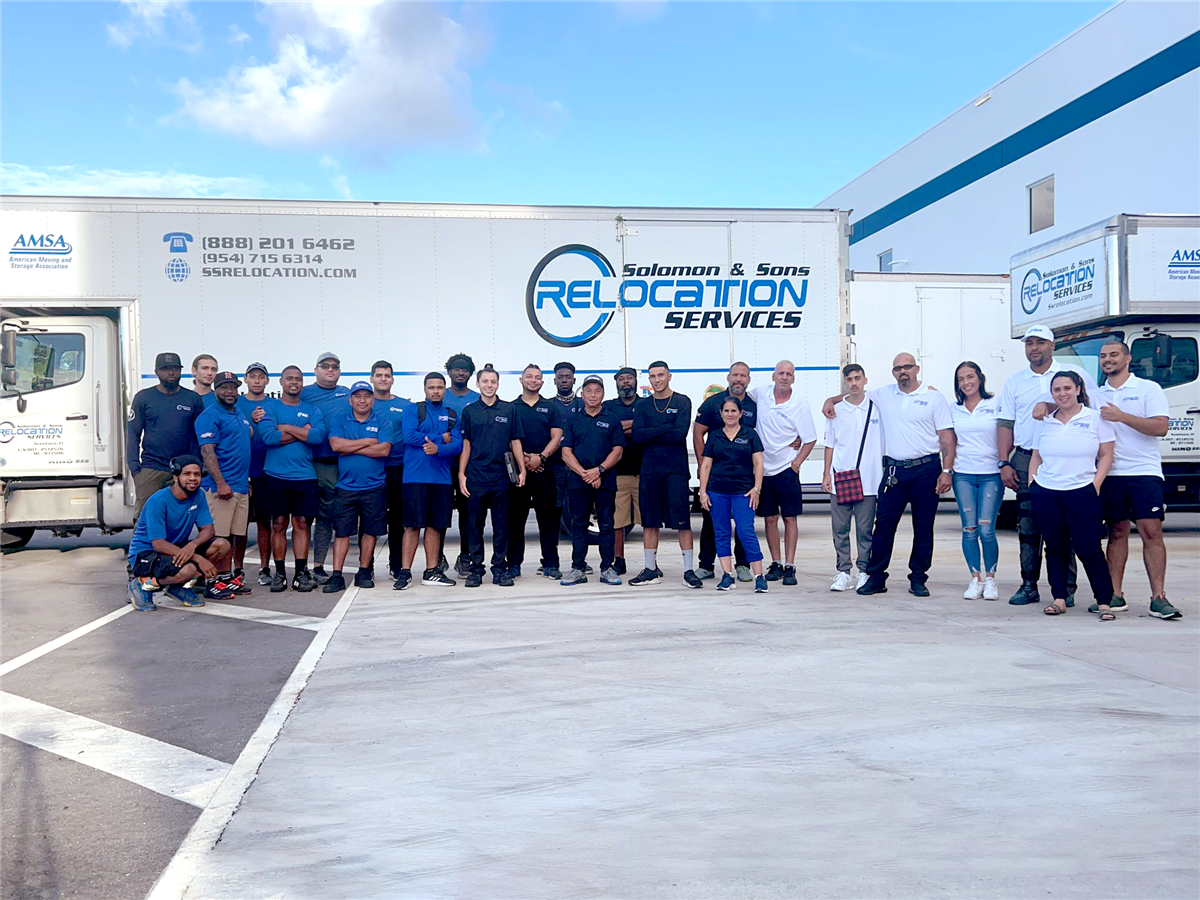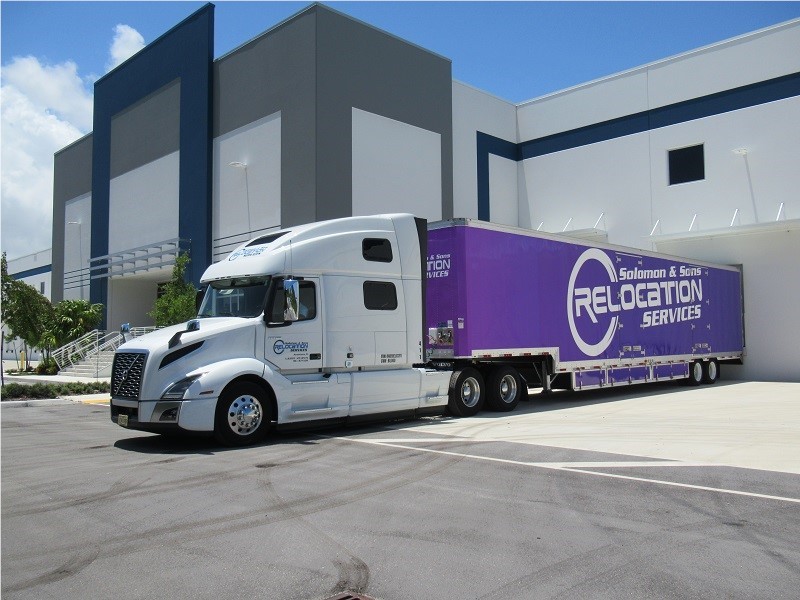When choosing a mover, one of your primary concerns is: Will they damage my stuff. Even the best movers have accidents - a box slipping out of somebody's hands all the way to the truck being involved in an accident. Good movers will do their best to avoid these situations, but they can still happen. Which means one of the biggest concerns is what happens if your stuff becomes damaged. Federal law makes movers liable for the items they are moving and requires that they offer both limited liability (also called released value) coverage and full replacement value. So, what are the differences?
Limited LiabilityLimited liability is the "basic" option for moving insurance. It offers minimal protection for a low price.
Pros:
- Included in the price of your move - movers are legally obligated to offer this kind of insurance.
- Can work well if you already have insurance covering your most valuable items through the move.
- Offers only extremely minimal coverage - specifically, the mover is liable to pay only $6 for each pound of weight. Because of this, you have to sign a waiver if you take this coverage.
Full Replacement Value
Full replacement value makes the movers liable for any damage which takes place during the move. They must pay for repair or replacement of any items they damage.
Pros:- Covers everything with some limitations (listed below), except for extremely valuable items, which must be specifically limited.
- Comes at an extra cost which can be widely variable.
- Often has a deductible.
Whichever option you choose, some items are still not covered, or may be covered only partially.
- Boxes you pack yourself. Anything you pack yourself opens up an argument that your packing, not their handling, caused the issue. However, given the cost of movers, it is often worth taking the risk.
- Extraordinarily valuable items, defined at over $100 a pound, that were not declared to the mover. (In some cases, it is worth simply transporting small valuables yourself).
- Perishable, dangerous, or hazardous materials - if you pack anything like this and don't tell them, you can be liable for all damage that results.
- Damage to the building at either end, such as scuff marks on walls or carpet damage.
- Damage caused by inclement weather, i.e. if it abruptly starts raining as they're carrying stuff out to the truck.
- Live animals. Which they probably won't touch anyway.
If the liability coverage your movers offer is clearly not going to be enough, you have two options:
- Get separate insurance. In some cases homeowners' or renters' insurance will continue to cover you through the move, but it is best to check and if they say it does, get it in writing before you move. You can also ensure specific items.
- Transport extremely valuable items, particularly ones with sentimental value (in some cases, no amount of money is enough) yourself or send them via courier. Also, transport live plants and live animals yourself if at all possible.
Sources:
https://www.angieslist.com/articles/moving-insurance-worth-cost.htm https://ohmyapt.apartmentratings.com/moving-insurance.htmlTags
Subscribe to Solomon & Sons Relocation Services's Blog













Comments